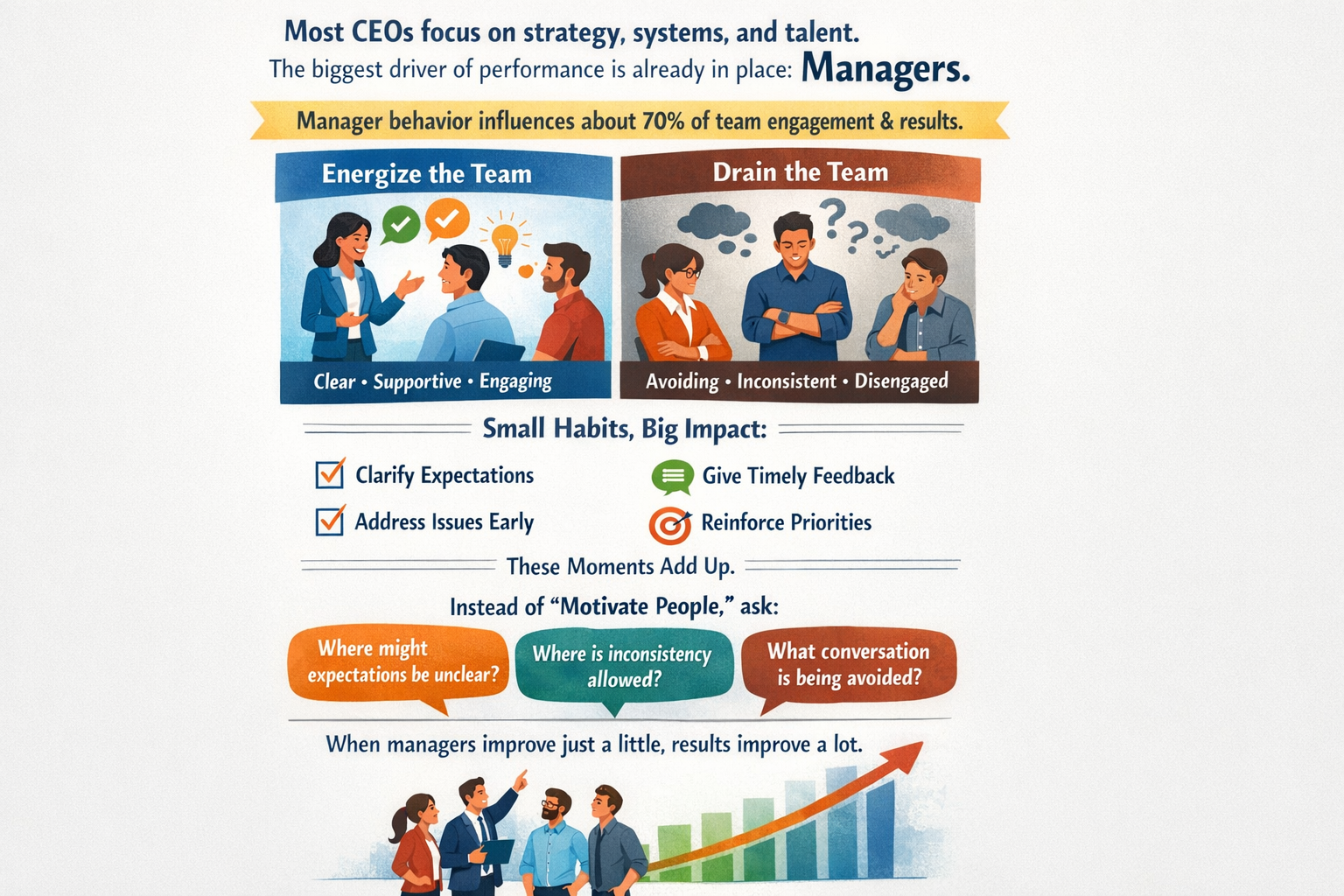Clarity Builds Trust

“People trust the clear and mistrust the ambiguous,” says David Horsager. “Everything of value is built on trust, … and the root of most problems is a lack of trust.”
The foundation on which trust is built is clarity. We don’t trust an organization to be ethical if we aren’t clear on its values and how it serves its customers. We don’t trust that our manager will be satisfied with our work if we aren’t clear on what she expects us to accomplish. We don’t trust that our unexpected medical expenses will be covered by insurance if we aren’t clear about our workplace benefits.
A clear vision and mission supported by clarity around core values unifies team members. When everyone is working towards the same outcomes and is committed to the same standards, they are more likely to trust that their colleagues will fulfill their roles.
When employees know precisely what they are expected to accomplish each day and are clear about how to get the desired results, they trust that they can succeed and their efforts will be valued. This builds workplace morale.
When managers and peers acknowledge what an individual is doing well and give specific feedback on how they could improve their performance, employees know what to keep doing and what changes to make to be even more effective. This increases a team member’s trust in having a secure job.
On the other hand, when employees aren’t certain which work is most important this week or today and don’t feel confident that they are doing their job correctly, they may worry about the security of their job. They may not trust that their supervisor cares about their success at work. This often decreases energy, productivity, workplace satisfaction, and attendance. In turn, it weakens morale and trust.
Achieving clarity requires leaders to agree on the organization’s focus and priorities and put their decisions in writing. Expectations must be communicated to everyone involved, ideally both orally and in writing. It is best when supervisors ask employees daily to state their current priorities to ensure accurate communication.
Leadership clarity is the foundation of employee productivity and workplace success. How clearly are you communicating? What level of trust are you generating in your organization?


